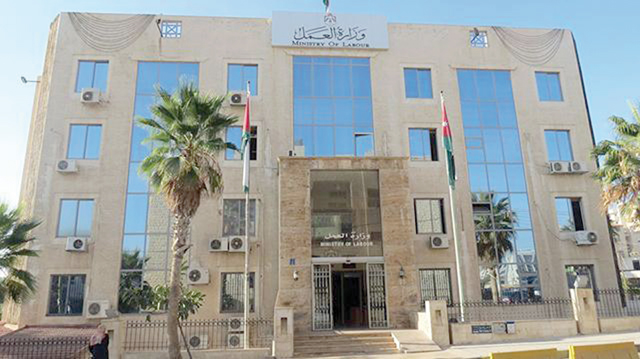AMMAN — The government’s decision to reduce work permit fees for non-Jordanian workers came into force on January 3, 2022. The decision follows the approval of amendments to the 2021 bylaw of work permits for non-Jordanians.
“The move aims to alleviate the burdens shouldered by employers, which will be reflected on production costs in all economic sectors,” Labour Minister Nayef Steitieh announced on Monday, according to a ministry statement.
Steitieh highlighted that the aim of the new law is to help employers and investors in the private sector, who have been the most heavily affected by the pandemic.
He also stated that this will help reduce production costs for employers in all sectors and economic activities, the statement added.
“It’s a positive step in the right direction,” Ahmad Awad, an economist, told the Jordan Times.
Awad noted that the decision will not increase unemployment rates, adding that Jordanians do not commonly work in the sectors where the work permit fees have been reduced.
Therefore, he highlighted, the decision will not increase the current high unemployment rates of Jordanian youth.
The only decision that may increase youth unemployment in Jordan is if the government raises the percentage of foreign workers a certain institution can hire, said Awad.
The most recent decision regarding decreasing work permit fees will positively contribute to the Kingdom’s economic growth, Awad stated.
As reported from the statement, issuing a work permit for foreign workers, including domestic workers, for the first time or for permit renewals, will be reduced to JD400 instead of JD500.
For workers in the agricultural, construction and loading sectors, permit fees will be reduced to JD850.
For workers with specialised skills, permit fees will be reduced to JD2,200 instead of JD2,500.
Meanwhile, the Jordanian Farmers Union expressed its consent with the decision as work permit expenses are among the highest expenses paid by farmers.
“If a foreign worker in the agriculture sector left because they could not afford the work permit fees, there might be no replacement, damaging the sector further,” Farmers Union President Mohammad Oran told The Jordan Times.
